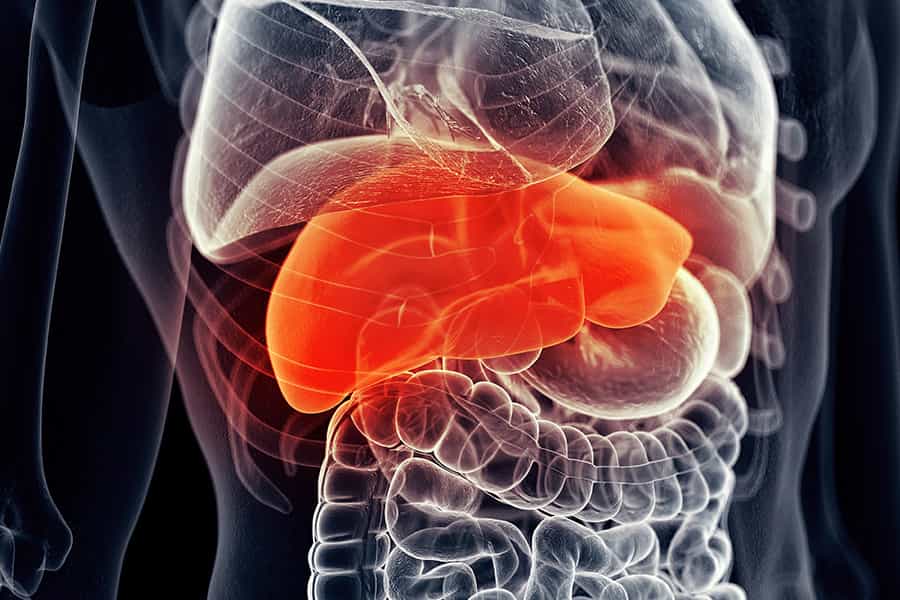“Alcohol withdrawal” is the term given to the symptoms one experiences after sudden cessation of excessive and regular alcohol consumption. The more (or longer) you’ve been drinking, the more severe the withdrawal symptoms are likely to be.
Alcohol withdrawal can be extremely dangerous; if you or a loved one are experiencing symptoms, even if you believe them to be mild, please consult with a physician or call 911 immediately.
How do I know if I’m going through alcohol withdrawal?
Common symptoms include anxiety, depression, fatigue, incoherent thought, irritability, jumpiness, mood swings, and nightmares. Other symptoms may include dilated pupils, headaches, clammy skin, insomnia, loss of appetite, nausea/vomiting, paling skin, racing heart rate, sweating, and tremors.
What is delirium tremens?
Delirium tremens is a severe form of alcohol withdrawal characterized by seizures, extreme confusion, hallucinations, fever, and/or agitation. Please seek medical care immediately if you experience any of these symptoms after you stop drinking alcohol.

How long does it take to get over alcohol withdrawal?
Symptoms usually start within eight hours of the last drink, though they may take several days to begin. The worst of the symptoms will likely strike 24-72 hours into the withdrawal, but have been known to go on for weeks in some cases.
Can I go through alcohol withdrawal on my own, or do I need medical care?
Medical professionals use “Alcohol Withdrawal Assessment Scoring Guidelines” to officially determine whether or not they are looking at a case of alcohol withdrawal and whether or not medical intervention is necessary. The guidelines consist of 10 different criteria that can be rated and scored from 0-7 (or 0-4 in the case of “orientation”) based on assessment. A score of 8+ is grounds for taking withdrawal medication as a means to prevent the progression of symptoms. Additional medication may be given for scores of 15+ if the patient already started on scheduled medication. Transfer to the Intensive Care Unit (ICU) should be seriously considered for scores of 35+.
Alcohol Withdrawal Assessment Scoring Guidelines
Nausea/Vomiting
- None
- Mild nausea with nvomiting
- Intermittent nausea
- Constant nausea; frequent dry heaves and vomiting
Tremors
- No tremor
- Not visible, but can be felt if you touch fingertips with the patient
- Moderate, with patient’s arms extended
- Severe, even with arms not extended
Anxiety
- No anxiety; patient at east
- Mildly anxious
- Moderately anxious or guarded
- Equivalent tacute panic states seen in severe delirium or acute schizophrenic reactions
Agitation
- Normal activity
- Somewhat normal activity
- Moderately fidgety and restless
- Paces back and forth, or constantly thrashes about
Paroxysmal Sweats
- No sweats
- Barely perceptible sweating, palms moist
- Beads of sweat obvious on forehead
- Drenching sweats
Orientation and Clouding of Sensorium
(as determined by asking the patient tidentify the date, their location, and the identity of the individual administering the test)
- Oriented
- Cannot dserial additions or is uncertain about date
- Disoriented tdate by nmore than 2 calendar days
- Disoriented tdate by more than 2 calendar days
- Disoriented tplace and/or person
Tactile Disturbances
- None
- Very mild itching, pins & needles, burning, or numbness
- Mild itching, pins & needles, burning, or numbness
- Moderate itching, pins & needles, burning, or numbness
- Moderate hallucinations
- Severe hallucinations
- Extremely severe hallucinations
- Continuous hallucinations
Auditory Disturbances
(as determined by asking the questions: “are you more aware of sounds around you? Are the sounds harsh? Dthey startle you? Dyou hear anything that disturbs you or that you know isn’t there?”)
- Not present
- Very mild harshness or ability tstartle
- Mild harshness or ability tstartle
- Moderate harshness or ability tstartle
- Moderate hallucinations
- Severe hallucinations
- Extremely severe hallucinations
- Continuous hallucinations
Visual Disturbances
(as determined by asking the questions: “does the light appear tbe tobright? Is its color different than normal? Does it hurt your eyes? Are you seeing anything that disturbs you or that you know isn’t there?”)
- None
- Very mild sensitivity
- Mild sensitivity
- Moderate sensitivity
- Moderate hallucinations
- Severe hallucinations
- Extremely severe hallucinations
- Continuous hallucinations
Headache
(as determined by asking the questions: “does your head feel different than usual? Does it feel like there is a band around your head?” Dnot rate dizziness or lightheadedness)
- None
- Very mild
- Mild
- Moderate
- Moderately severe
- Severe hallucinations
- Very severe
- Extremely severe
How can I treat alcohol withdrawal symptoms?
Moderate and severe symptoms may require inpatient treatment for maximal safety and comfort. Medical staff will likely administer IV fluids and/or medication to lessen the symptoms. In other cases, you may opt for sedation during the remainder of withdrawal.
In mild cases, you may be able to seek treatment at an outpatient facility. It is important to keep in close contact with someone during the withdrawal process to ensure your safety. Providers in an outpatient setting can monitor your vitals, administer sedative drugs, test for other alcohol-related medical issues, and provide addiction counseling.

Does alcohol withdrawal cause permanent damage to the body?
Excessive alcohol consumption, which leads to alcohol withdrawal, can certainly cause permanent damage to the body. Outcomes depend largely on how much organ damage is sustained while drinking; some symptoms may last for weeks, some for months, and some may last indefinitely. Most individuals who go through alcohol withdrawal recover, but death and/or permanent damage is a distinct possibility, especially in cases of delirium tremens.
What is the best way to avoid alcohol withdrawal?
Abstinence from alcohol is the most surefire way to avoid alcohol withdrawal. If you do decide to drink, do so in moderation and monitor your health closely.
Sources Cited:
